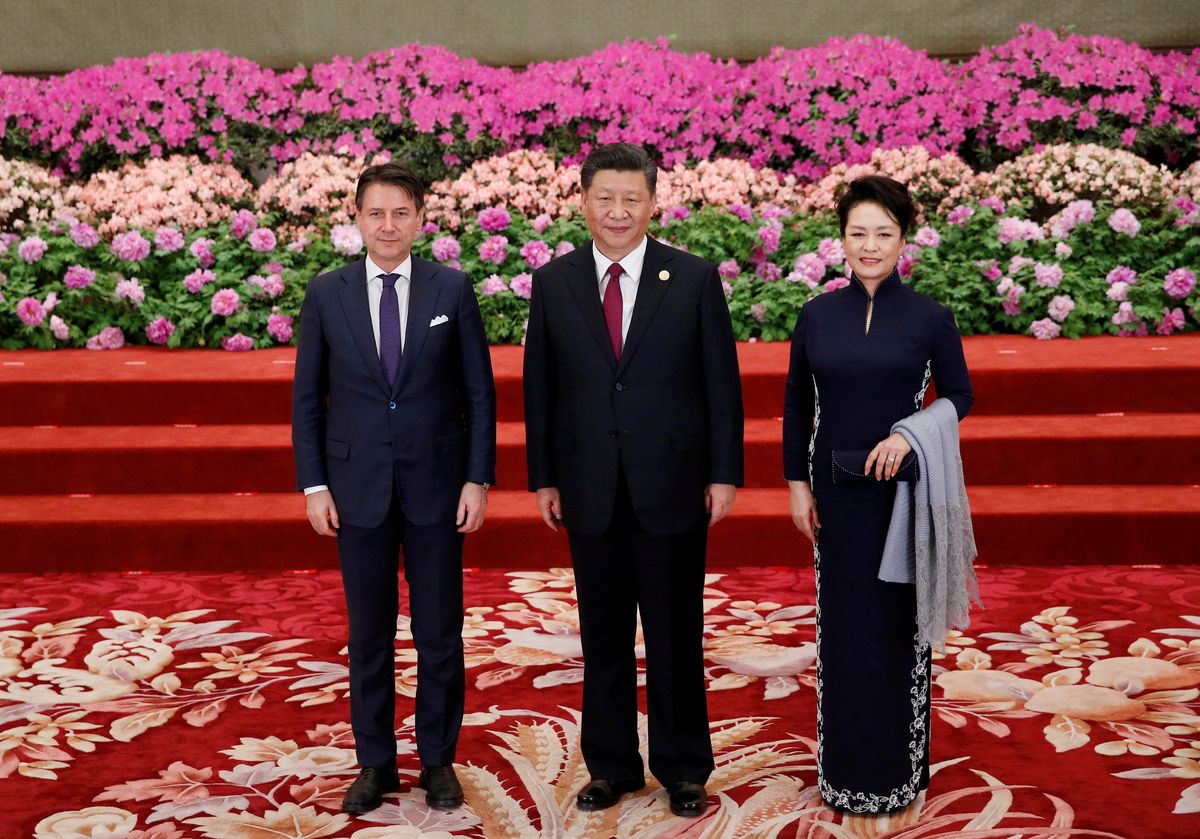China's economic priorities – babies and business
China has long been known as the "world's factory" because of how much stuff it makes and exports.

A few minutes every morning is all you need.
Stay up to date on the world's Headlines and Human Stories. It's fun, it's factual, it's fluff-free.
The backstory: China has long been known as the "world's factory" because of how much stuff it makes and exports. But the country's faced some challenges in the past few years, especially with issues like the pandemic and geopolitical tensions. Now, it seems more and more companies are shifting their supply chains to other countries.
Take Apple, for example – the tech giant is one of China's biggest customers, but it's been looking for alternatives to diversify its supply chain by shifting to US-produced chips (and maybe some from Europe, too). So, even though China's Foxconn plant, the world's biggest iPhone factory, will still be producing iPhones, Apple will spread the workload to other suppliers. The company is also tapping into India to help make its products in a big way.
More recently: Last year, China's population shrank, which is a big deal because it's the first time in 60 years that it's happened. The National Statistics Bureau said there are now around 850,000 fewer people living in China than last year, and 41 million people have left the workforce over the past three years. The thing is, a smaller workforce could mean less spending and economic growth.
The development: Last Friday, President Xi Jinping met with some big shots in charge of the country's money, including Premier Li Qiang, to talk about what they're focusing on in the economy. One of their main goals is to improve the supply chain to make sure they have everything they need to keep businesses running smoothly. Another thing they're working on is encouraging people to have more babies to boost that birth rate back up.
So what's the plan? Well, financial analysts predicted that we might see some specific measures from the government in the next few months. Things like more credit support and subsidies for manufacturing upgrades and innovation. China might also try to make stronger trade ties with other countries.
Key comments:
“Population development is an issue key to the rejuvenation of the Chinese nation,” said President Xi at Friday’s meeting, according to Xinhua News Agency.
“The statement demonstrated policymakers’ goal in the next few years, and we might see other party/government institutions roll out more concrete policy measures under the guidance of this statement,” said Goldman Sachs economists in a Monday note.
“The focus on both industrial policy and demographic challenges aims to boost China’s long-term productivity and competitiveness,” said Tommy Xie, head of greater China research at OCBC Bank, in a Monday note.




Comments ()